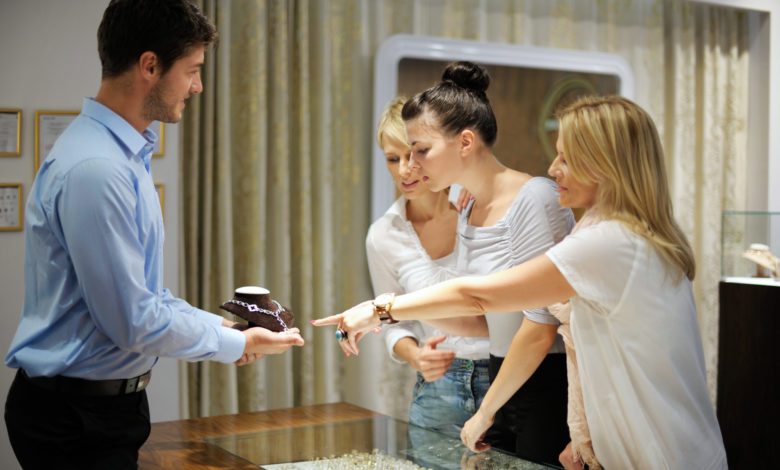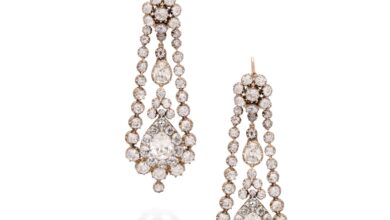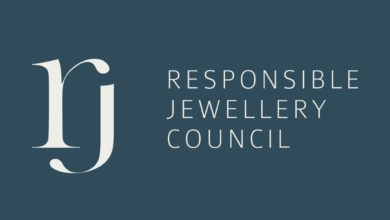Selling advice: Why are you prejudging your customers?
Leonard Zell explains how prejudging customers could be costing you repeat sales

Register to get 1 free article
Reveal the article below by registering for our email newsletter.
Want unlimited access? View Plans
Already have an account? Sign in
Two customers come into Johnson Jewellers. One we’ll call Frank, who is dressed in a suit and tie, and the other is Ben who is about 30 and came in after work in a t-shirt and jeans. Ben sees the salesman, approaching Frank first. Ben then leaves the store because he feels ignored. Wouldn’t you if you were Ben? This is the fastest way to turn off a customer because the salesperson implied Ben could not afford what Frank could. Worse yet, Ben told his family and friends of his experience during parties at Christmas. This negative word of mouth could have cost Johnson Jewellers nine customers and perhaps even more.
In jewellery stores it could be even more customers, because jewellery is the most emotional of all purchases. “A Diamond is Forever.” There is no way to measure the total loss to Johnson Jewellers or to your store because in addition to losing the nine customers Johnsons lost them as repeat customers.
You may ask: “What if Ben came in alone?” The salesperson would still prejudge him and instead of showing a large diamond he may have started with one for £1,500 and thought he could increase it. What he didn’t know was that Ben was a partner in a tech company and was ready to spend at least £10,000 and maybe more because his anniversary was in December.
Now before you jewellers start warning your salespeople about prejudging customers I will tell you what I tell salespeople in my seminars – that we are all taught to prejudge others when we were little children. When you were about five years old, to always dress nicely and put your best foot forward. We all prejudge people by the way they are dressed, even you! That’s quite a statement and it’s true.
All of us prejudge our customers; perhaps to different degrees, but we do prejudge them and during the holidays it will cost you untold thousands of pounds. Customers would love to see your most expensive diamond first. It is a compliment to them. Who likes to be prejudged, especially the man who can afford that £10,000 diamond ring?
Too many salespeople sell out of their own pocket book. They start showing jewellery they can afford and say they can work up to something more expensive, but never get to the top and unknowingly undersell their customers.
To salespeople in my seminars who are still not convinced they prejudge customers I ask them: “What price diamond ring would you show a young couple who came in with jeans, dirty t-shirts and messy hair?” Most say: “Low to medium”. Then I ask: ‘What if the young man had an inheritance, a trust account or received money from his parents who wanted to make sure their future daughter-in-law would have a nice diamond ring? You would have undersold him, or they may have been turned off and walked out.
There is a big advantage to begin showing a large diamond. If it is more than the customer had in mind of spending they almost always spend more than they intended. Think of the most important items you have ever bought. When you saw something expensive you could not afford, didn’t you end up paying more than you intended? I tell my students: “If you want to avoid prejudging, follow the ‘golden rule’. Sell to your customers the same way you would like to be sold, or as my father told me: “Leonard, look in the mirror. You’ll find the problem.”
This feature first appeared in the December 2018 issue of Jewellery Focus.







